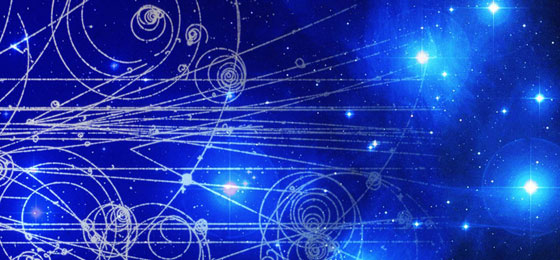Key Questions
Astroparticle physics was born at the intersection of astrophysics, particle physics, and cosmology. It had multiple origins: the movement towards underground laboratories to study the decay of the proton and neutrino properties, the first detection of high energy photons using particle physics methods, and the large surveys searching for astronomical dark matter.
Today it addresses fundamental questions: the physics of the primordial Universe, the nature of dark matter and dark energy; the eventual unification of fundamental interactions; the stability of protons; the properties of neutrinos and their role in cosmic evolution; the origin of cosmic rays; the nature of the Universe at extreme energies studied using multi-messenger probes including high-energy cosmic rays, photons, neutrinos and gravitational waves.
At least five Nobel prizes in recent years (supernova neutrino detection 2002, cosmological microwave background fluctuations 2006, dark energy 2011, neutrino oscillation 2015 and Gravitational waves 2017) are related to the field. In particular the discoveries of the Higgs particle and neutrino mixing angles, Gravitational waves and the precision measurements of Planck consolidate the above interdisciplinary links.
They give for the first time the possibility of formulating a consistent picture of fundamental physics covering a multitude of energy scales: from the electroweak symmetry breaking scale (Higgs scale) to that of inflation (possibly the scale of unification of interactions) passing through other postulated scales for instance the one responsible for dark matter particle phenomena or neutrino mass and matter-antimatter asymmetry.
Astroparticle physics aims to gain insights into longstanding enigmas at the heart of our understanding of the Universe, such as:
– The Extreme Universe: What can we learn about the cataclysmic events in our Universe by combining all of the messengers – high energy gamma rays, neutrinos, cosmic rays and gravitational waves – that we have at our disposal?
– The Dark Universe: What is the nature of Dark Matter and Dark Energy?
– Mysterious neutrinos: What are their intricate properties and what can they tell us?
– The Early Universe: What else can we learn about the Big Bang – for instance, from the
cosmic microwave background (CMB)?




